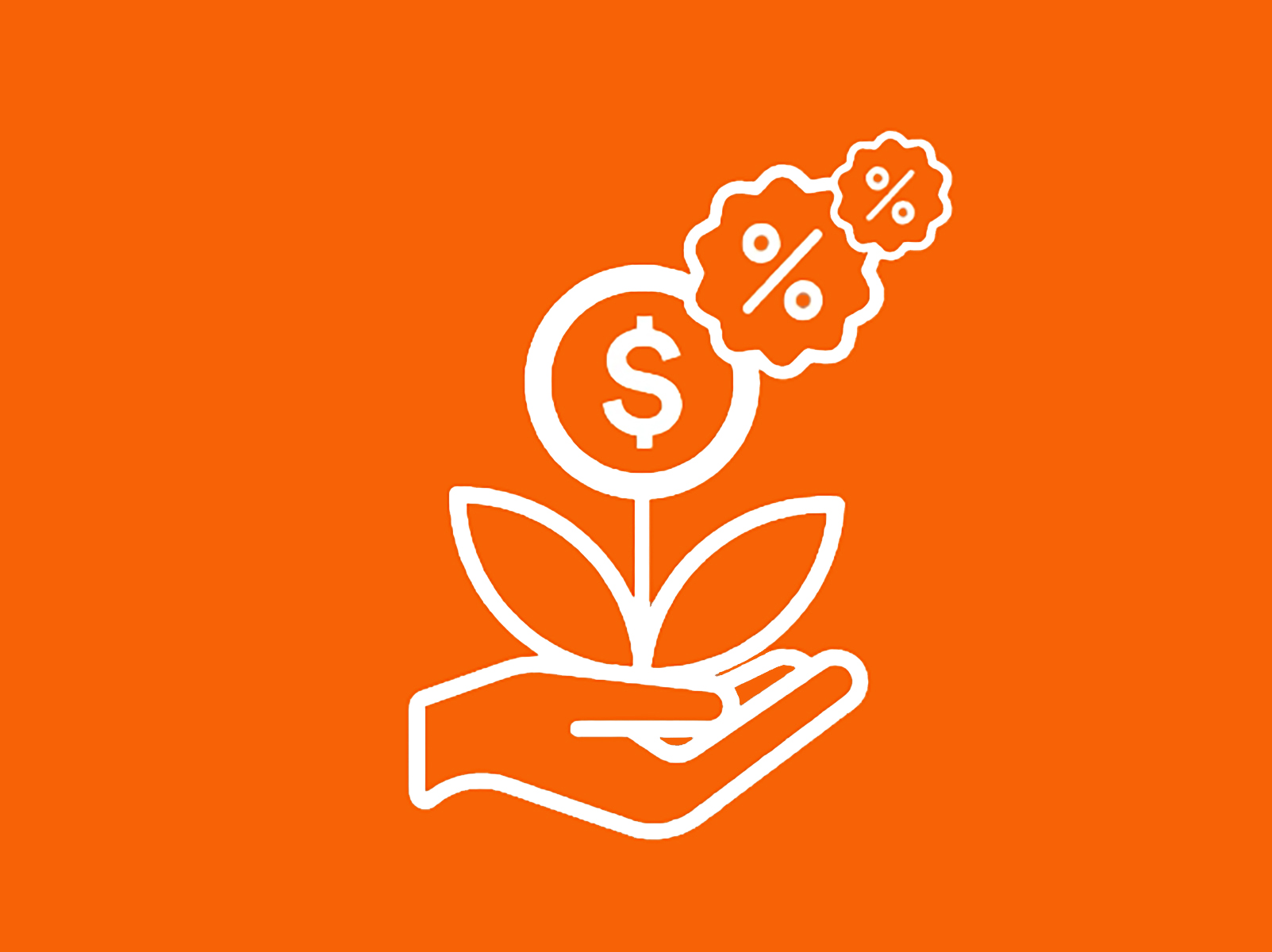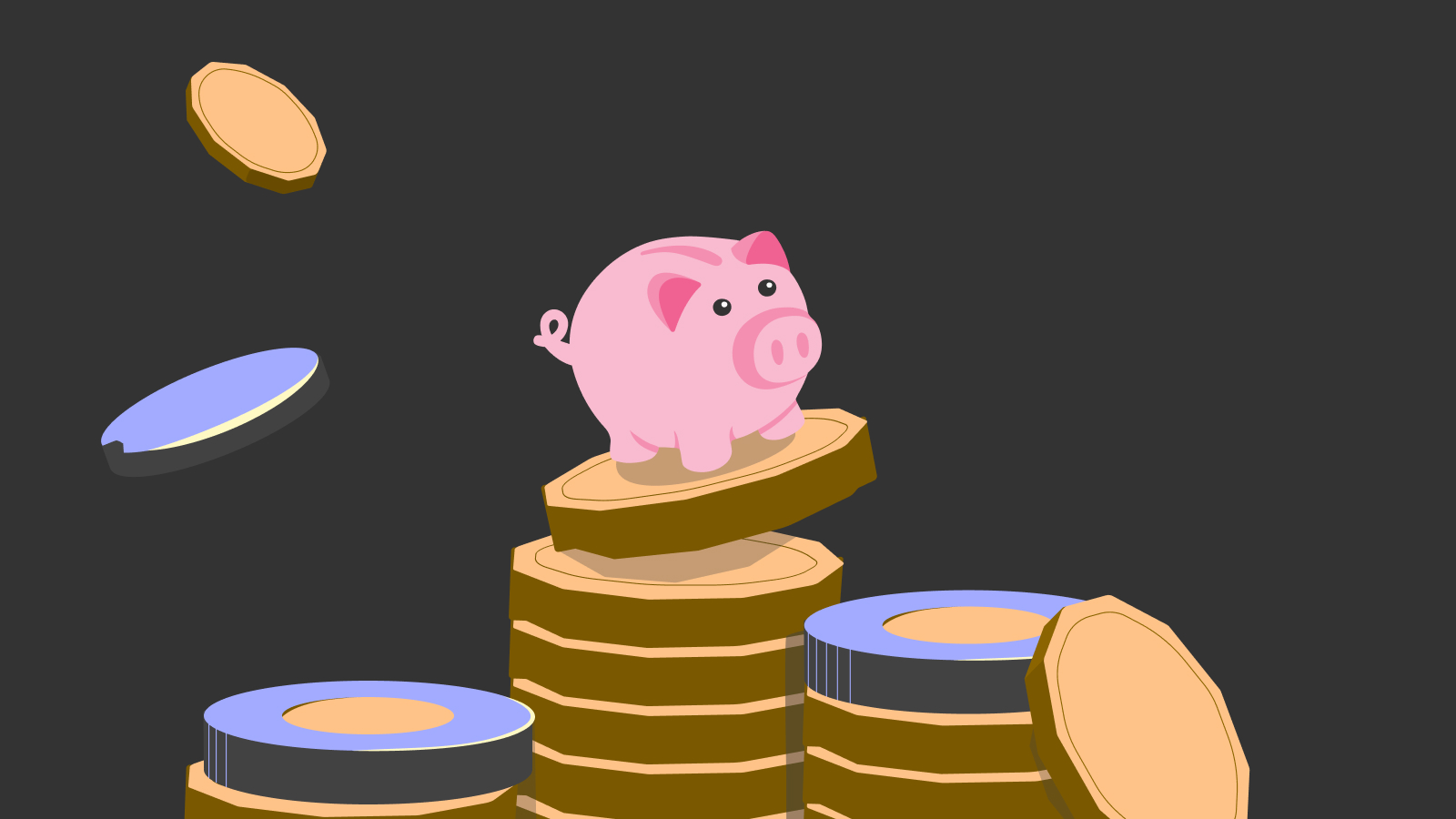Savings tips from three Canadian social media influencers
With the cost of living and inflation on the rise, there's no better time than now to level up your financial skills in a fun and interactive way. But with so much content online about money, it can feel overwhelming to sift through and figure out who you can trust. Social media is becoming the go-to place for the younger generation to learn how to save, budget and invest their money wisely.
Here are three notable Canadian personalities in the financial social media space who dish out valuable money lessons in bite-sized videos. To get to know them better, we asked them to share how they're spending and saving, their favourite personal finance books and some cool money “hacks."
"Income is not wealth"
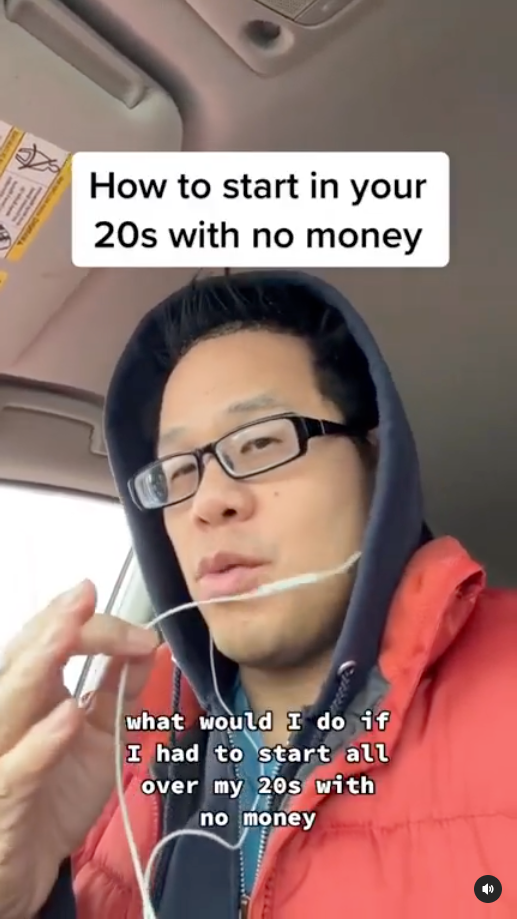
TikTok Handle: @jimchuong
Instagram Handle: @jim.chuong
Real Name: Jim Chuong
Hometown: Toronto, Ontario
Credentials: self-made multi-millionaire, investor, author, speaker
TikTok Followers: 353,900
Instagram Followers: 7,293
Watch this: How to afford things and pay off debt
How he saves: Jim Chuong's family uses money-saving apps such as Flipp to find the best deals on groceries and other goods. “It helps to keep our family's cost of living down," he says. Chuong reveals that certain restaurants and retailers will give customers a discount on their first purchase if they download their proprietary app. Beyond that, getting great deals on household items has helped his family save money. His most recent win was scoring a 60-pack of toilet paper for only $10.
How he spends: As a parent, he'll happily spend money on experiences that his daughter can enjoy. Whether it's rock climbing, playing the guitar or enjoying an afternoon high-tea event with her friends, it's a nice way to have quality family time.
Money hack: His personal finance “hack" each month is that he prioritizes saving money in an emergency fund, followed by investing in his retirement accounts. He then lives off the remainder of the money.
Read up: His favourite personal finance book is Little Book of Common Sense Investing by John C. Bogle.
"Budget happily"
TikTok Handle: @ohmygoshna
Instagram Handle: @ohmygoshna
Real Name: Ashna Mankotia
Hometown: Toronto, Ontario
Credentials: lifestyle creator who loves to talk about money
TikTok Followers: 101,600
Instagram Followers: 14,700
Watch this: Free 2023 personal financial tracker
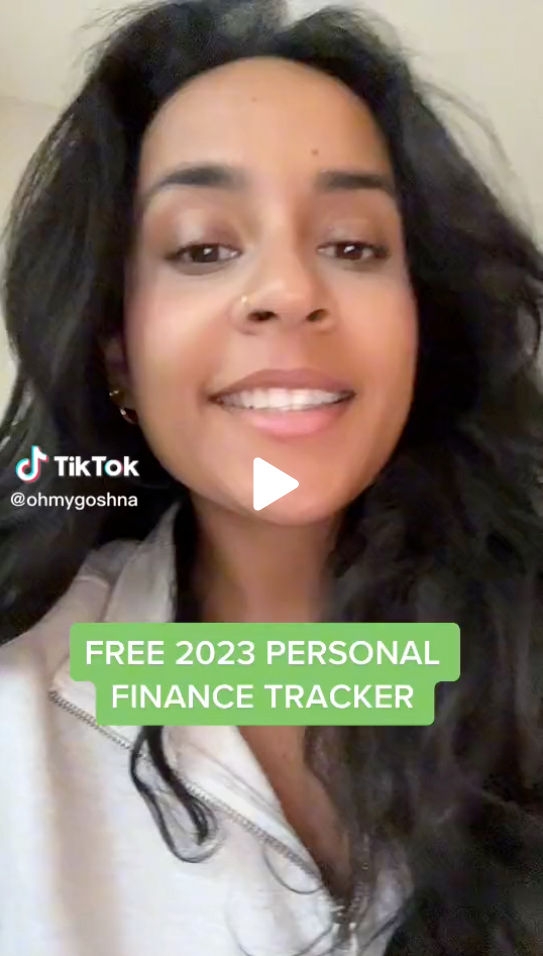
How she saves: Ashna Mankotia reached a relationship milestone by moving in with her fiancé, which reduced her living expenses. She's diligent in how she budgets her money and has automatic withdrawals from her paycheques that direct money to several accounts. She also contributes towards her TFSA, RRSP (called an RSP at Tangerine) and savings account for her wedding. With the money left over, she gives herself the freedom to spend however she chooses.
How she spends: Striking a balance between convenience and eating healthy is where Mankotia finds a happy solution with grocery delivery. She normally avoids this option because the surcharges can make it more costly than going in store to buy produce. She considers the trade off: “If I don't have groceries I'll eat out, which will actually end up being more expensive than the delivery."
Money hack: At the start of the New Year, she turns lowering her spending into a game, of sorts. “I like to gamify my fitness routine with streaks," she explains. “In the same way, sometimes I like to see how many days I can go without spending anything.
“Every January, I give myself a very low amount of money to spend after fixed expenses, typically 30% of what I spend monthly on average. January is a great month for this challenge because it's cold, there's not much going on in my social life and we just finished the holidays."
Read up: Many followers have downloaded her popular financial tracking calendar. Mankotia also enjoys content from female personal finance experts including Money with Katie and The Financial Diet.
"Focus on increasing your income"
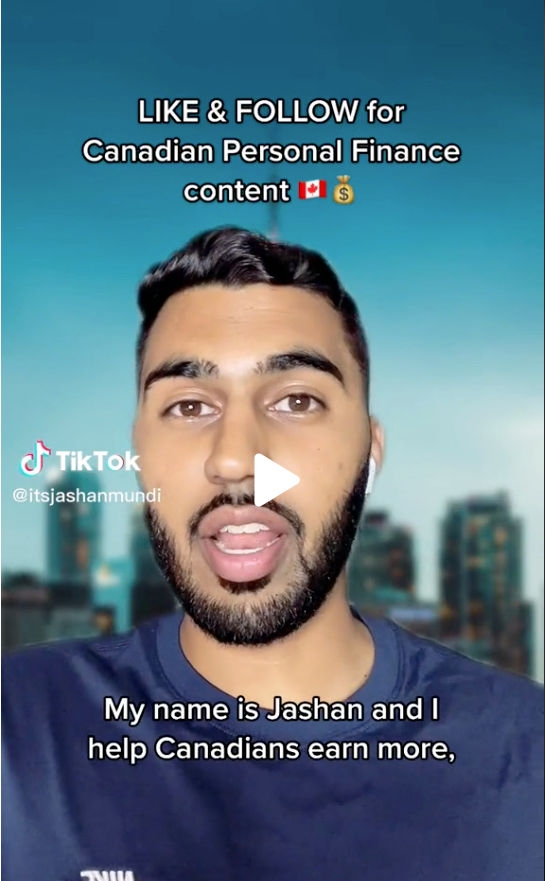
TikTok Handle: @itsjashanmundi
Instagram Handle: @jashanmundi
Real Name: Jashan Mundi
Hometown: Brampton, Ontario
Credentials: Canadian money coach
TikTok Followers: 11,700
Instagram Followers: 10,300
Watch this: 3 Reasons Why Your Budget Is NOT Working
How he saves: While educating his followers on TikTok, Jashan Mundi focuses on increasing his earning potential through his career and building his coaching business. His long-term wealth-building strategy is to increase his income while maintaining his current level of expenses. This allows him to allocate the extra money he earns and invest it in the stock market.
How he spends: He is a big believer in investing in yourself by taking educational courses or programs that can help you earn extra income. “There's a limit to how much you can save but no limit to how much you can earn," Mundi says.
Money hack: Although it's tempting to stay updated with sales from his favourite stores, Mundi unsubscribed to email marketing lists to prevent impulsive purchases. He adds, "The truth is... There is ALWAYS a sale going on and you don't need to be notified about it every time."
Read up: At the top of his favourite books list are two classics: Rich Dad Poor Dad by Robert Kiyosaki and I Will Teach You To Be Rich by Ramit Sethi. “These books really jump-started my journey into a personal finance rabbit hole!"

